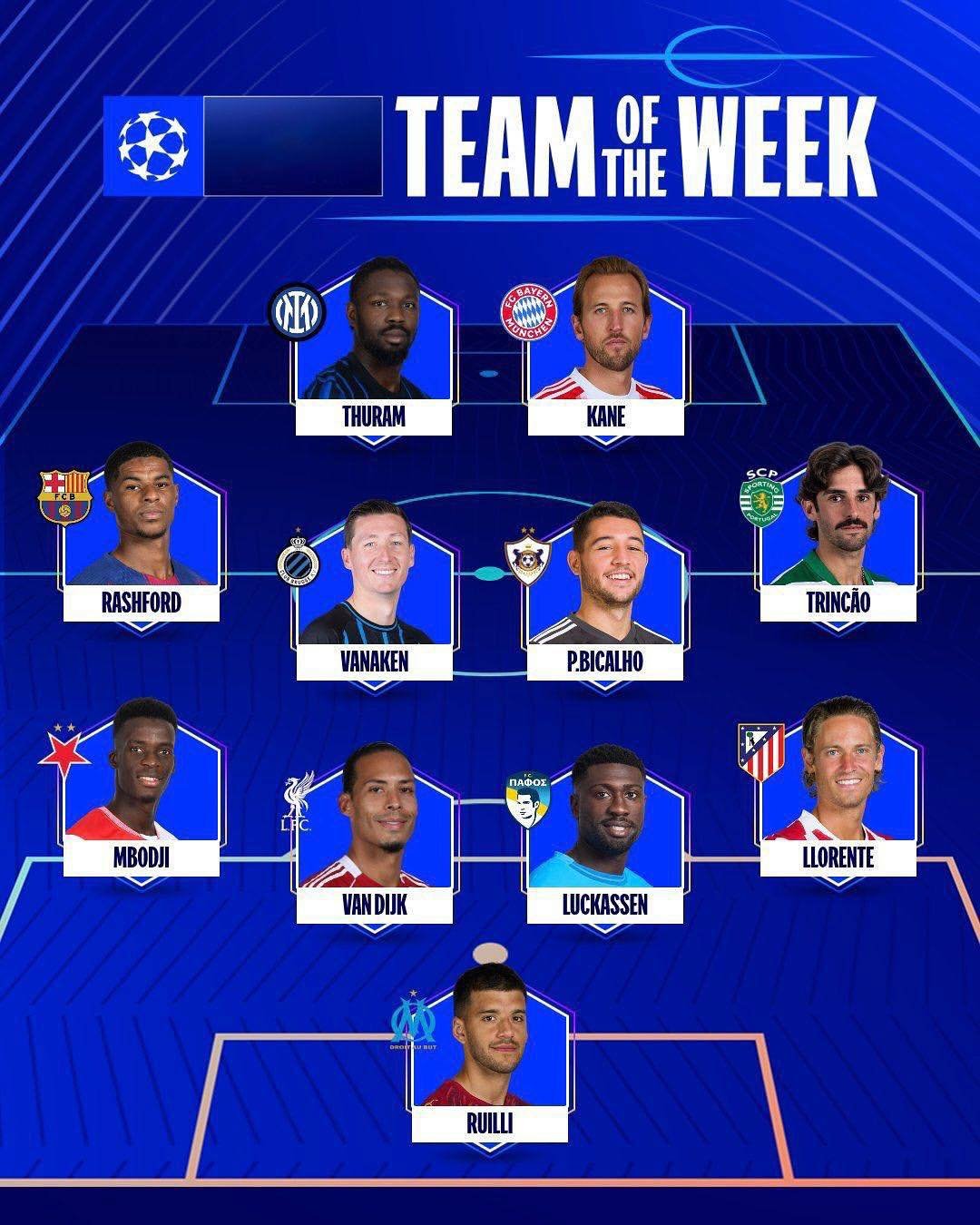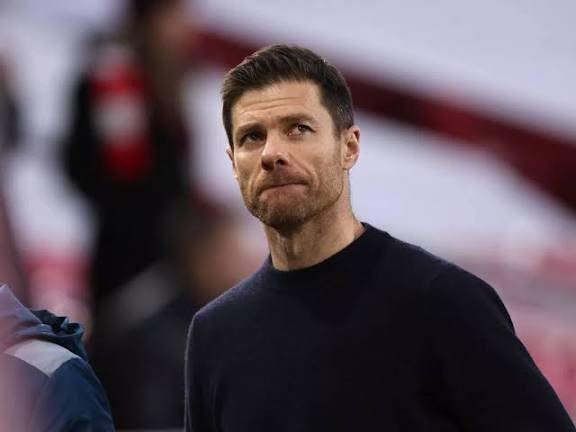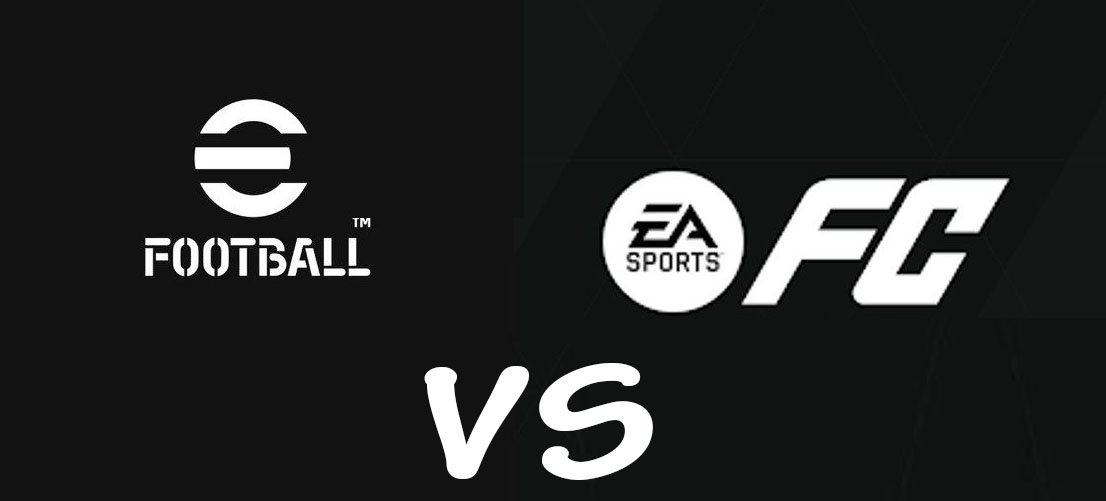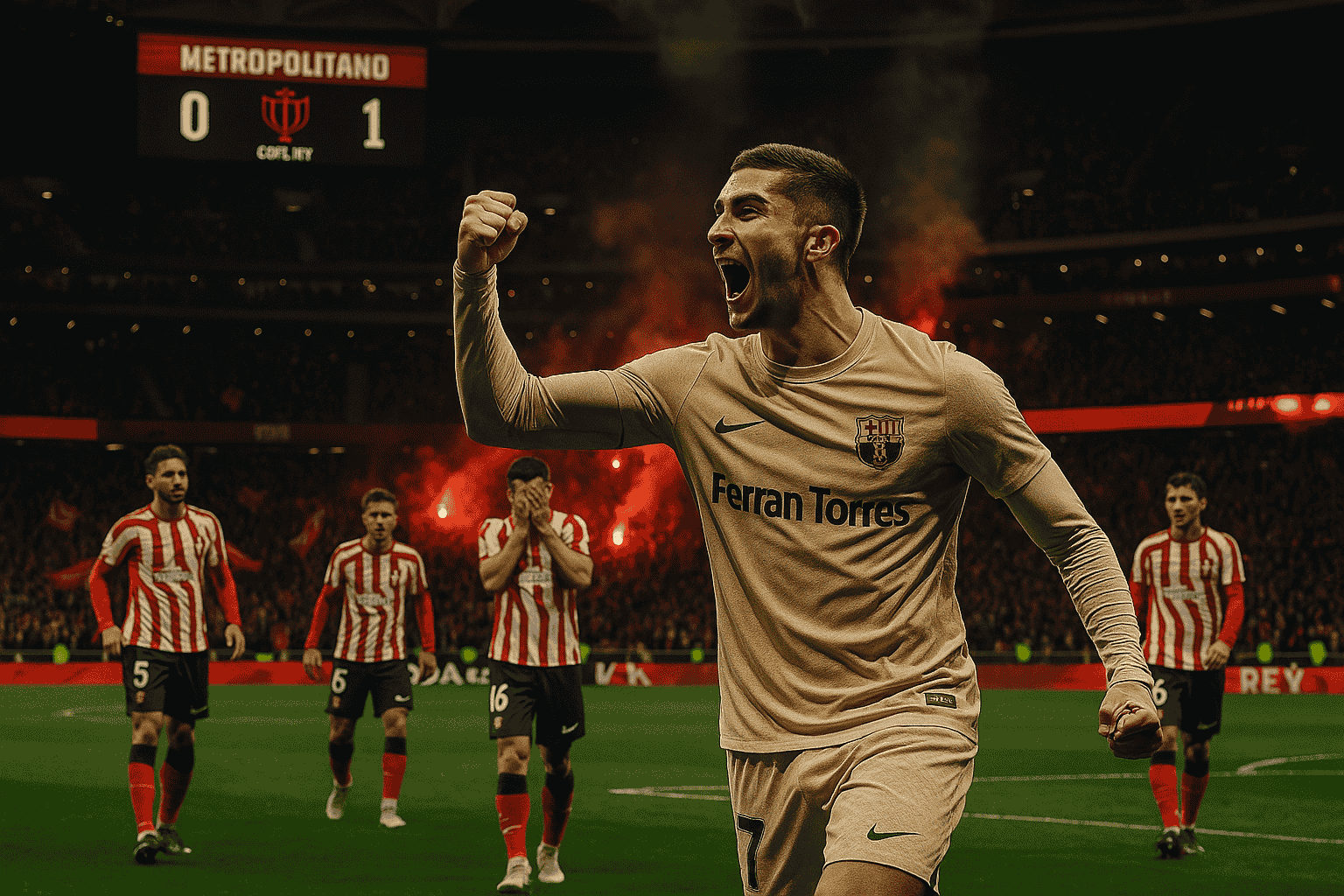For a club synonymous with success, trophies, and a brand of swashbuckling football, the opening weeks of the 2025-2026 Premier League campaign have delivered a chilling reality check for Manchester United. The atmosphere at Old Trafford, once a fortress of hope and ambition, has soured into one of deep frustration and genuine concern. As we delve into the details, it’s not an overstatement to say that for the first time in a generation, the unthinkable, relegation, is a conversation being had by fans, pundits, and even data analysts.
A Disastrous Start: The Numbers Don’t Lie
The statistics paint a grim picture. With four Premier League matches played, Manchester United sits in a precarious 14th position. Their record of one win, one draw, and two losses is far from the standard expected of a club with their resources and aspirations. The solitary victory, a hard-fought 3-2 comeback against newly promoted Burnley, feels more like a momentary reprieve than a turning point.
Beyond the league table, the early cup exit has been equally calamitous. The Red Devils’ shock penalty shootout defeat to League Two side Grimsby Town in the EFL Cup was not just a result; it was a symbol of a deep-seated malaise. The humiliation of that night, where they squandered a two-goal lead before crashing out, was a stark demonstration of a squad lacking leadership, cohesion, and fight.
Adding to the despair, analytics from sources like Opta suggest a frightening statistical probability. In their simulations, Manchester United’s chance of relegation (10.95%) is now more than double their chance of qualifying for the Champions League (4.18%). While these are just probabilities, the fact that a club of this stature is even in the conversation for the drop is a damning indictment of the current state of affairs.
The Manager Under the Microscope: Rubén Amorim’s Rocky Road
When Rubén Amorim arrived at the end of the previous season, there was an air of cautious optimism. His impressive work at Sporting CP, where he cultivated a clear tactical identity and delivered a league title, was seen as the perfect antidote to the instability that had plagued United. He was heralded as a long-term solution, a manager who could finally instill a coherent philosophy at the club.
However, the honeymoon period is well and truly over. Amorim’s steadfast commitment to his 3-4-3 system has become a major point of contention. The formation, which demands very specific player profiles, appears to have exposed more weaknesses than it has created strengths. The team has looked vulnerable defensively, particularly in the wide areas, and struggles to create consistent, meaningful chances.
After the brutal 3-0 derby defeat to Manchester City, where United were completely outclassed, Amorim’s comments only fueled the fire. He insisted that his system was not the problem, but rather the players’ application of it, a statement that has not resonated well with a fanbase desperate for solutions. His record since taking charge is a worrying 31 points from 31 games, a return that is simply unacceptable for a Manchester United manager.
The pressure on Amorim is immense. The nature of the Manchester United job means he is constantly under scrutiny, with every decision and post-match quote dissected by fans and media alike. While some argue that he needs more time to implement his vision, the early results and poor performances are making patience a scarce commodity. Fans are quick to point out that despite a massive summer spend, the team looks fundamentally broken, and the manager, as the architect of the squad’s performance, must bear the responsibility.
The Players: A Disjointed Cast of Characters
The spotlight isn’t solely on the manager. The players themselves have come under heavy fire for their apathetic performances. The squad, despite significant investment, appears to be a collection of individuals rather than a cohesive unit.
The summer transfer window saw United spend a reported £200 million on attacking reinforcements like Matheus Cunha, Bryan Mbeumo, and Benjamin Sesko. On paper, this was a formidable new front three, but the early returns have been underwhelming. While Mbeumo has shown glimpses of his quality, the collective attack has lacked chemistry and a cutting edge.
The midfield remains a significant concern. The team has looked lightweight and easily overrun in the center of the park, leaving the defense exposed. While Bruno Fernandes continues to be the team’s creative heartbeat and a constant source of effort, he often finds himself burdened with too many responsibilities, both offensively and defensively. The lack of a true, elite defensive midfielder is arguably the squad’s most glaring weakness, a problem that has persisted for seasons and was not addressed in the summer transfer market.
Defensively, the back line, which features players like Harry Maguire and Lisandro Martinez, has been porous. There have been far too many “soft goals” conceded, and a general lack of organization and communication has been evident. The goalkeeper situation, with the departure of Andre Onana and the arrival of Senne Lammens, has also been a source of instability.
The criticism from fans on social media is relentless. Players are being called out for a perceived lack of passion and desire, a charge that hits hard at the core of what it means to be a Manchester United player. The chants and boos from the stands are a reflection of a fanbase that feels betrayed by the consistent underperformance of their heroes.
What Does the Future Hold?
The road ahead is treacherous. The schedule is not getting any easier, with tough fixtures against Chelsea and Liverpool on the horizon. The lack of European football, which was once seen as a blessing to allow the team to focus on the league, now feels like a hollow advantage given the team’s current form.
The future of Rubén Amorim is a major question mark. While it’s too early to call for his head, another string of poor results could force the hand of the new ownership under Sir Jim Ratcliffe and INEOS. The owners have been clear about their long-term vision, but they will not tolerate a freefall towards the relegation zone.
From a player perspective, the squad must find a way to gel, and fast. The new signings need to step up and deliver, and the established players must rediscover their form and leadership. The dressing room culture, which has been a topic of debate for years, needs to be rectified immediately. This is not just a tactical issue; it’s a matter of mentality and character.
The prospect of relegation is a deeply uncomfortable one for a club of Manchester United’s size. It would be a financial and reputational disaster. The club needs to find a way to stop the bleeding, to secure points, and to build a foundation from which they can rebuild. The current crisis is a reflection of years of poor decision-making and a lack of a clear, unified vision. The 2025/26 season may just be the culmination of that decade-long decline, and everyone at the club, from the manager to the players to the owners, is running out of time to change the narrative.
#MUFC #ManchesterUnited #RubenAmorim #PremierLeague #FootballCrisis #OldTrafford #RelegationBattle #GlazersOut #ManUtd #EPL #FootballAnalysis #PremierLeague2026 #SquadGoals #TransferRumours











